2025 Featured Plenary Speakers
Speakers will be continuously added as we approach the event. Check back regularly to view the latest additions to the program!
|
Tuesday, February 25, 2025
|
|
Session 1: Advanced Ground
|
 |
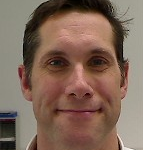 |
 |
|
Sven Richter
Galileo: Upgrading One of the Most Complex Ground Segments Without Impacting Four Billion Users
|
James Eggleston
Towards Service Based Operations
|
Ella Herz
NOAA Communications Scheduling is EASI (Enterprise Automated Scheduling Implementation)
|
|
Session 2: Automation Efficiency
|
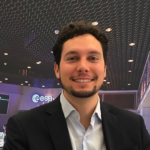 |
 |
 |
|
Gabriele De Canio
Artificial Intelligence for Mission Operations Automation Roadmap: The European Space Operations Centre Updates and Vision
|
Michael Morgan
Optimizing User Effectiveness in Future European Missions
|
Chris Hoffman
MOC Automation with GMSEC and the Generic Extendable Message Utility (GEMU)
|
|
Session 3: Data Engineering and Advanced Analytics
|
 |
 |
 |
|
Evridiki Ntagiou
Data-X: Pioneering the Future of Data in Mission Operations
|
Rudy Semola
Continual Learning for On-Ground Satellite Health Monitoring
|
Amaya Atencia
Challenges of Space Data Digital Economy
|
|
Session 4: Anomaly Detection
|
 |
 |
 |
|
Shannon Bull
Maximizing Operator Impact: Leveraging Machine Learning to Improve Trending Analysis for the Magnetospheric Multiscale Mission
|
Ra’ad Saleh
Implementation and Feasibility of Using AI/ML Methods for Satellite Anomaly Detection, Diagnostics, and Resolution.
|
Cody Cutright
Model-based Automation of Mission Operations & Testing with Digital Twins
|
|
Session 5: Mission Data Processing
|
 |
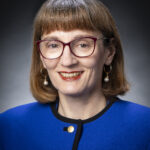 |
 |
|
Steven Bouchired
A Stepwise Approach to Evolve the European Galileo Ground Segment towards Continuous Integration and Continuous Deployment
|
Patricia Harrington-Duff
Ground System Real-time Image Processing of DRACO Observations for the DART Mission
|
Jordan Scott
Bridging the Void: Next Gen CDS for Space Systems
|
|
Session 6: Cloud and Virtualization
|
 |
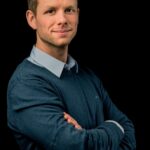 |
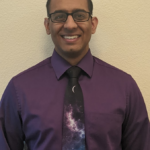 |
|
Mercedes Sánchez Manzano
New needs in Ground Segment, GMV tools for GSaaS
|
Kristian Knudtzon
Reducing the Maritime Domain Awareness Observe, Orient, Decide, Act (OODA) Loop: Applications of Ground Segment as a Service and Artificial Intelligence/Machine Learning for Rapid Earth Observation
|
Ronak Patel
Enterprise Engineering to Simplify External System Integration
|
|
Session 7: Communications
|
 |
 |
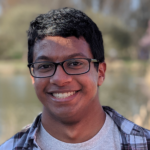 |
|
David Mitlyng
Optical Ground Stations & Quantum Advancements in Timing and Encryption in Contested and Congested Environments
|
Kenneth Watts
NESDIS Antennas as a Service (NAaaS) An Enterprise Common Service Paradigm Shift
|
Harris Mohamed
Methods of Detecting Electromagnetic Interference in Passive Radio Frequency Data
|
|
Session 8: Modeling and Simulation
|
 |
 |
 |
|
Federico Antonello
Enhancing Spacecraft Operations with Digital Twins Solutions
|
Dr. Jeffery Hansen
Flexible and Extensible Drift Monitoring in Machine Learning Systems
|
Maciej Prokopczyk
Infrastructure for Automated Management of Spacecraft Digital Twins and Enhancing Simulator Fidelity with ML
|
|
Wednesday, February 25, 2025
|
|
Session 9: Trusted Artificial Intelligence
|
 |
 |
 |
|
Pamela Wood
Trusted Autonomy: A Survey of Current Methods and Approaches
|
Michael Orosz
Lessons Learned in Implementing DoD Space-Based Agile/DevSecOps Programs
|
Ipek Ozkaya
Shift Left with Generative AI: Automating Library Replacement
|
|
Session 10: Large Language Models & Retrieval Augmented Generation
|
 |
 |
|
Samuel Morgan
Using Machine Learning and Industry Collaboration to Predict Space Weather. Part II – The Computation and Data Management Challenge
|
Alefiya Hussain
A Generative AI-Powered Framework for Spacecraft Risk Management—A Pilot Project with the Aerospace Corporation and University of Southern California (USC)
|
|





























